The growing popularity of CBD (cannabidiol) in the wellness industry has led to an increased interest in its potential benefits for pets. Pet owners are exploring CBD as a natural alternative to support their furry friends’ overall well-being. However, CBD for dogs and CBD for cats is not the same, as these animals have different biological needs and sensitivities. This article will dive deep into the distinctions between CBD for dogs and cats, shedding light on their unique needs, how CBD works in their systems, and how to choose the right product for your pet.
Understanding CBD and Its Benefits for Pets
CBD is a non-psychoactive compound derived from the cannabis plant, known for its therapeutic properties. Unlike THC (tetrahydrocannabinol), CBD does not cause a “high,” making it a safer option for pets. The primary benefits of CBD for pets include:
- Pain Relief: CBD may help alleviate pain caused by arthritis, injury, or surgery.
- Anxiety Reduction: Pets suffering from separation anxiety, loud noises, or travel stress can benefit from the calming effects of CBD.
- Anti-Inflammatory Properties: CBD has anti-inflammatory properties that can help with conditions like joint pain or inflammatory bowel disease.
- Improved Appetite and Digestion: CBD can stimulate appetite and aid in digestive issues.
- Support for Neurological Health: It may help manage symptoms of epilepsy and other neurological conditions.
While the benefits apply to both dogs and cats, their reactions to CBD can differ significantly due to their physiological and metabolic differences.
Differences Between Dogs and Cats in CBD Metabolism
Endocannabinoid System (ECS) Variations
Both dogs and cats have an endocannabinoid system (ECS) that regulates various bodily functions like mood, pain, appetite, and immune response. However, the ECS functions differently in these animals. Dogs, for instance, have a higher concentration of CB1 receptors in their brains compared to cats. This makes dogs more sensitive to THC and other cannabinoids. Therefore, CBD products for dogs are often designed with minimal or no THC content to ensure safety.
Cats, on the other hand, metabolize CBD differently. Their livers lack certain enzymes needed to break down cannabinoids effectively, making them more susceptible to side effects if given improper dosages.
Dosing Considerations
Dogs and cats require different dosages of CBD based on their size, weight, and metabolism. Dogs generally need higher doses of CBD compared to cats due to their larger size and different metabolic rates. However, smaller dog breeds may require dosages similar to cats.
- For Dogs: Dosages are typically calculated based on weight, ranging from 0.2 mg to 1 mg per pound of body weight.
- For Cats: Dosages are lower, usually starting at 0.1 mg to 0.5 mg per pound of body weight.
Always start with the lowest recommended dose and monitor your pet’s response before adjusting.
Flavor Preferences
Another notable difference between CBD for dogs and cats is flavoring. Dogs are generally less finicky eaters and may accept CBD oils or treats flavored with peanut butter, beef, or chicken. Cats, being notoriously picky eaters, prefer subtler flavors like fish or tuna. Manufacturers tailor CBD products accordingly, offering palatable options to suit each pet’s taste preferences.
Sensitivity to Ingredients
Dogs and cats are sensitive to certain ingredients commonly found in human-grade CBD products. For example:
- Dogs: Some essential oils and artificial sweeteners, like xylitol, can be toxic to dogs. CBD products for dogs are carefully formulated to exclude such harmful substances.
- Cats: Cats are particularly sensitive to terpenes, compounds naturally found in hemp plants. High terpene concentrations can be harmful to cats, so CBD products for cats are often terpene-free or have reduced terpene levels.
Choosing the Right CBD Product for Your Pet
When shopping for CBD products, consider the following factors to ensure the safety and effectiveness of the product for your dog or cat:
- Pet-Specific Formulations
Choose products specifically labeled for dogs or cats. These formulations account for each animal’s unique physiology and safety requirements. - Third-Party Testing
Always opt for CBD products that have been third-party tested to ensure purity, potency, and safety. Certificates of Analysis (COAs) can confirm the absence of harmful contaminants like pesticides or heavy metals. - Broad-Spectrum or Isolate CBD
- Broad-Spectrum CBD: Contains various cannabinoids and terpenes but no THC, making it suitable for dogs and some cats.
- CBD Isolate: Contains only pure CBD, making it the safest option for cats due to their sensitivity to terpenes.
- Dosage Instructions
Look for products with clear dosage guidelines based on your pet’s weight and needs. This ensures accurate and safe administration. - Delivery Method
- CBD Oils/Tinctures: Ideal for both dogs and cats as they allow precise dosing. Simply add a few drops to your pet’s food or administer directly.
- CBD Treats: Convenient and flavorful, but may have less precise dosing.
- Topical CBD: Useful for localized issues like skin irritation or joint pain.
Safety Tips When Giving CBD to Pets
- Consult Your Veterinarian: Before starting CBD, consult a veterinarian familiar with CBD use in pets to determine the right product and dosage.
- Start Low and Go Slow: Begin with the lowest recommended dose and gradually increase it based on your pet’s response.
- Monitor for Side Effects: Watch for signs of adverse reactions such as lethargy, vomiting, or diarrhea. If these occur, reduce the dosage or discontinue use.
- Store Safely: Keep CBD products out of reach of pets to prevent accidental overconsumption.
Key Takeaways
- Dogs and cats metabolize CBD differently, necessitating distinct formulations and dosages.
- CBD for dogs often includes flavors like beef or peanut butter, while CBD for cats features fish-based flavors to cater to their preferences.
- Always opt for pet-specific CBD products that are third-party tested and free from harmful additives.
- Consult your veterinarian to ensure a safe and effective CBD regimen tailored to your pet’s needs.
Conclusion
CBD can be a valuable addition to your pet’s wellness routine, whether you have a playful pup or a curious kitty. Understanding the differences between CBD for dogs and cats is essential for ensuring their safety and well-being. By choosing the right product and following appropriate dosage guidelines, you can help your furry companion lead a happier, healthier life.
Personal Review of CBD for Pets from Just CBD
As a pet owner who is always on the lookout for ways to keep my fur babies happy and healthy, I decided to give Just CBD’s Pet Products a try. Here’s how my experience went, from wiggly tails to a few head tilts of confusion!
CBD Dog Treats – JustPets
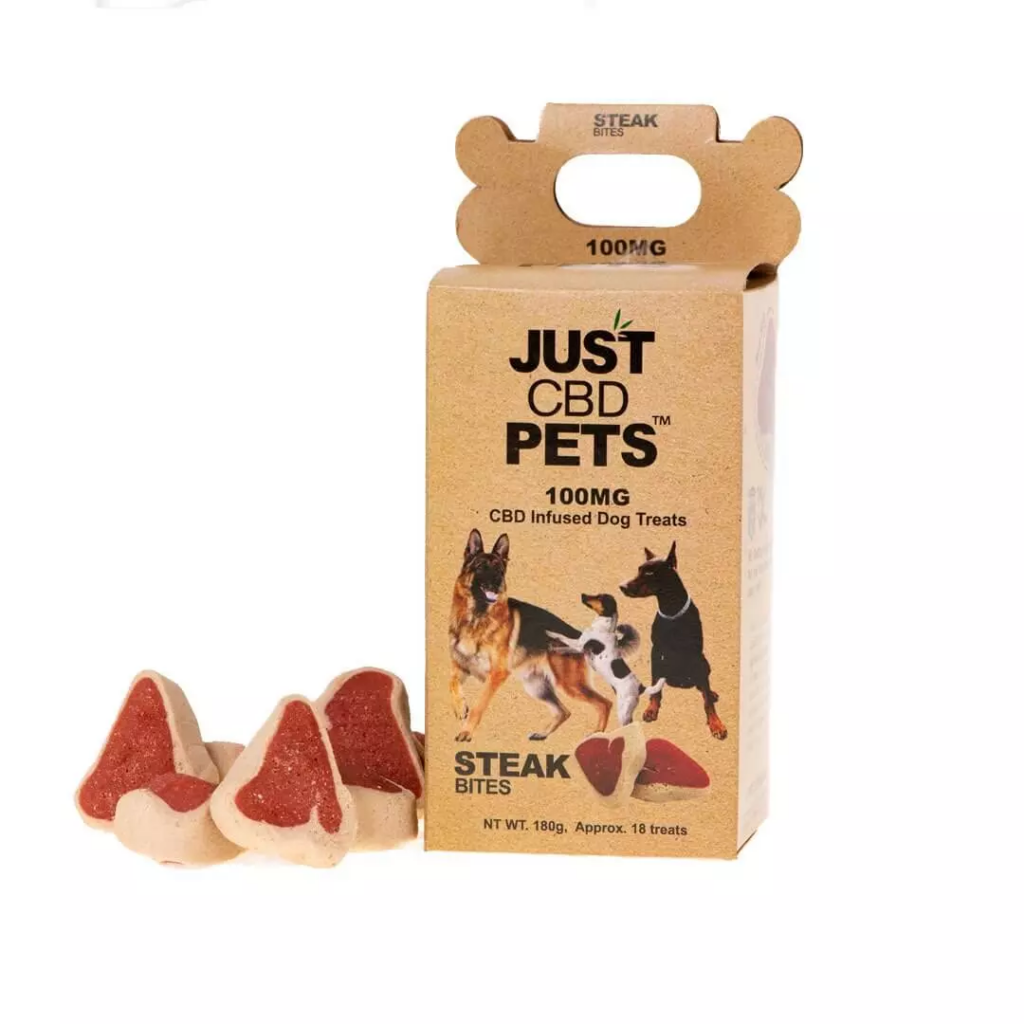
These treats were an instant hit with my Golden Retriever, Max. The flavors are dog-friendly, and Max scarfed them down like they were his long-lost favorite snack. After a week of giving these treats to him, I noticed he was less anxious during thunderstorms—a huge win in our household!
What I liked:
- The texture and flavors were clearly a hit with Max.
- Easy to portion out for different-sized pets.
- Great for calming his anxiety during stressful situations.
What I didn’t like:
- The bag could have been resealable for better freshness.
- Slightly crumbly, so be careful when handling them.
Organic Pet Treats
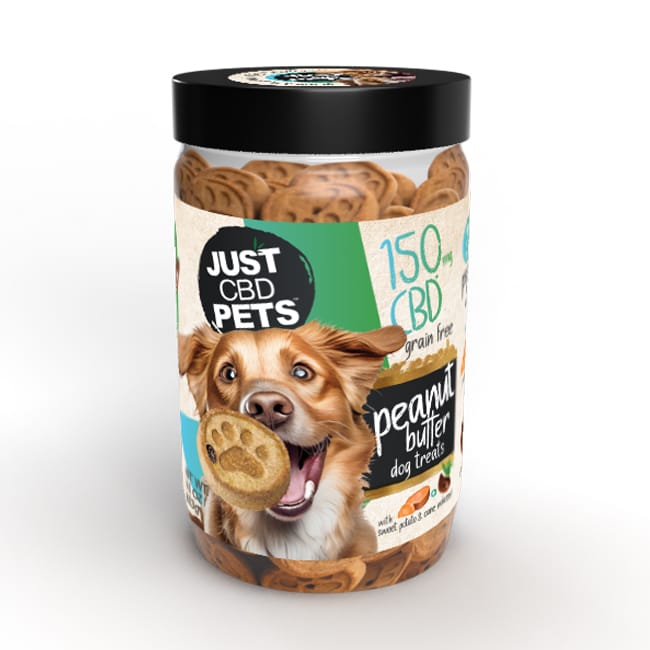
I was drawn to these treats because of their organic ingredients. My cat, Luna, and Max both gave them a try. While Luna was a little skeptical (typical cat behavior), Max loved them. These treats seemed a bit more “natural” in smell and appearance, which gave me peace of mind about the ingredients.
What I liked:
- Organic and free of artificial additives.
- Suitable for both cats and dogs.
- They seemed to settle Max’s tummy after a big meal.
What I didn’t like:
- Luna wasn’t as enthusiastic; cats might be pickier about the flavor.
Pet Tincture – Salmon
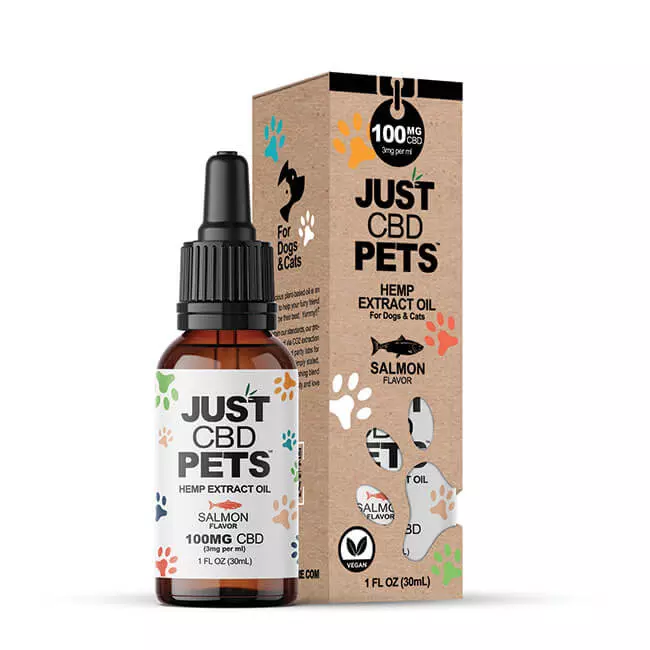
The salmon flavor was a game-changer for Luna! I added a few drops to her food, and she didn’t hesitate for a second. It’s like she had a built-in radar for the salmon flavor. Over time, she seemed less jittery and more relaxed during our busy weekends.
What I liked:
- Easy to mix into food.
- Perfect for finicky cats who love fishy flavors.
- Effective in helping Luna feel calm.
What I didn’t like:
- The dropper could have been marked more clearly for dosing.
Pet Tincture – Bacon
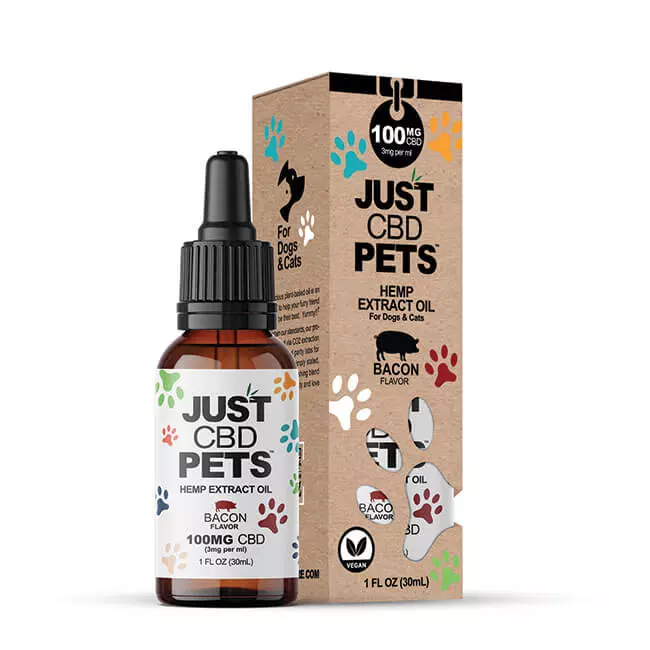
Bacon-flavored anything is a hit with Max, and this tincture was no exception. I added it to his water bowl, and he lapped it up without hesitation. On days when we had long hikes, this tincture seemed to help him recover faster and stay less stiff.
What I liked:
- Bacon flavor is a foolproof choice for dogs.
- Convenient dropper bottle makes dosing simple.
- Great for active pets with joint or recovery needs.
What I didn’t like:
- Slightly on the pricier side for regular use, but worth it for special needs.
Overall Thoughts
Each product had its own unique strengths, and I loved how versatile they were for both my dog and cat. The treats are great for quick rewards and managing situational anxiety, while the tinctures are excellent for adding to food or water to promote overall calmness and well-being.
What is CBD, and is it safe for pets?
CBD, or cannabidiol, is a natural compound derived from hemp plants. It’s generally considered safe for pets when given in the appropriate dosage. However, you should always consult your veterinarian before introducing CBD to your pet’s regimen.
Can CBD help with my pet’s anxiety?
Yes, CBD is often used to help pets manage anxiety caused by situations like fireworks, thunderstorms, or separation. It interacts with their endocannabinoid system, promoting relaxation and reducing stress.
What are the differences between CBD for dogs and CBD for cats?
The main difference lies in the formulation. CBD for dogs often includes flavorings like bacon or chicken, while CBD for cats might have fish-based flavors. Additionally, dosing recommendations vary between the two due to differences in size and metabolism.
How do I determine the right dosage of CBD for my pet?
Dosage depends on your pet’s weight, age, and health condition. Start with the manufacturer’s recommended dosage and adjust as needed. Monitoring your pet’s behavior and consulting with a vet is key.
Can CBD make my pet “high”?
No, CBD products for pets are non-psychoactive as they contain little to no THC, the compound in cannabis that causes a high. Ensure you’re using pet-specific CBD to avoid any issues.
How do I give CBD to my pet?
CBD for pets comes in various forms, such as oils, treats, or capsules. Oils can be added to food or administered directly under the tongue, while treats and capsules are typically eaten like regular snacks.
What health conditions in pets can CBD help with?
CBD may help manage anxiety, pain, inflammation, seizures, and arthritis in pets. While it’s not a cure-all, it’s increasingly used as a supplement to traditional treatments.
How long does it take for CBD to work on pets?
It can take 15-30 minutes for effects to start, with peak results typically appearing after an hour. The duration depends on factors like the pet’s size and the product’s form.
Are there any side effects of CBD for pets?
Side effects are rare but can include drowsiness, dry mouth, or mild stomach upset. Always monitor your pet after introducing CBD and adjust the dosage if needed.
What should I look for when buying CBD for pets?
Choose products made specifically for pets, with clear labeling, third-party lab testing, and no THC. Opt for organic, non-GMO options to ensure the product’s safety and quality.
- Comparing CBD Gummies vs. CBD + THC Gummies: Which Is Right for You? - December 20, 2024
- Benefits of THC Vaping: Health, Convenience, and Flavor - December 20, 2024
- ELF THC vs. Delta 9: Key Differences and Similarities - December 20, 2024

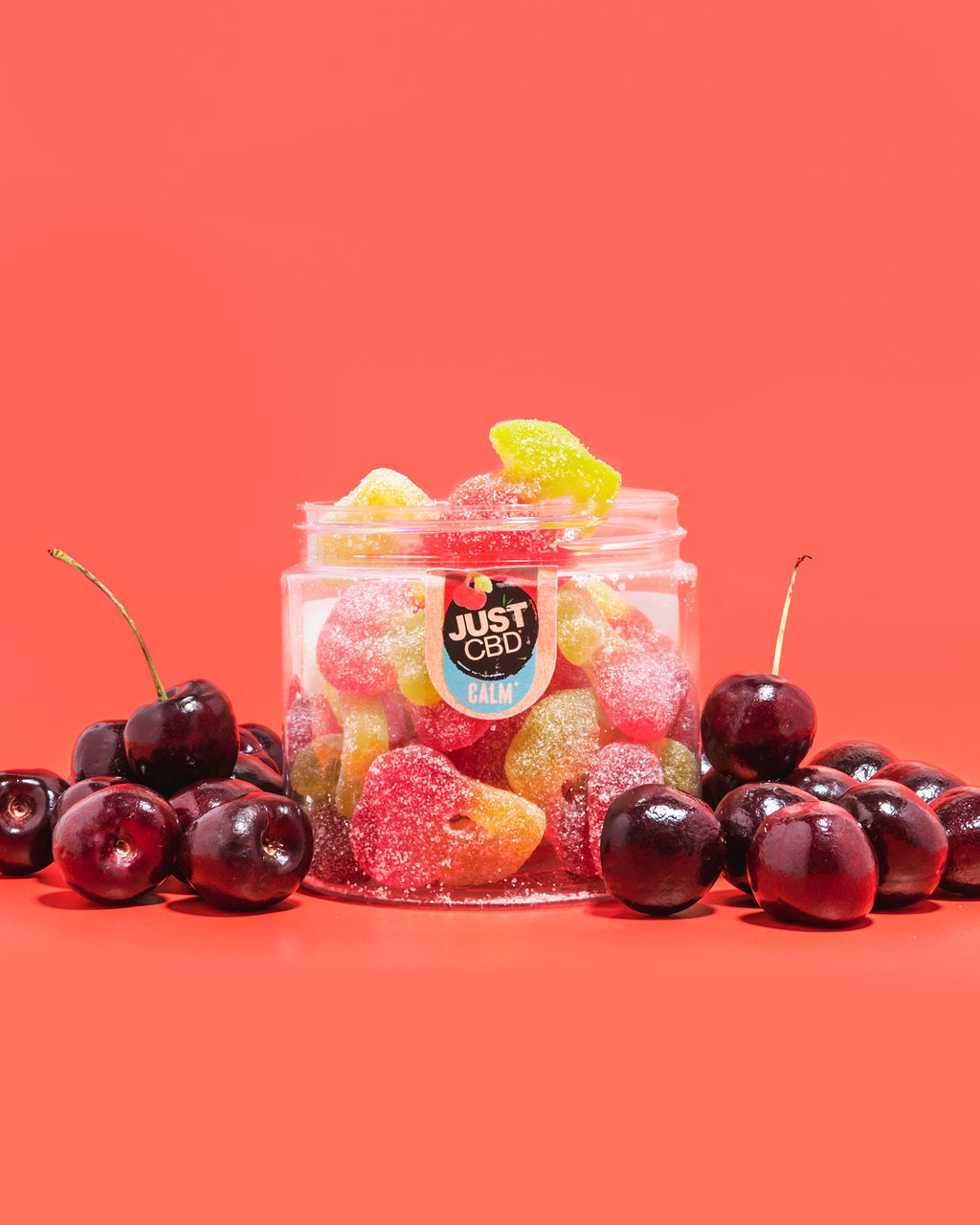

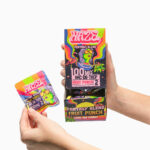

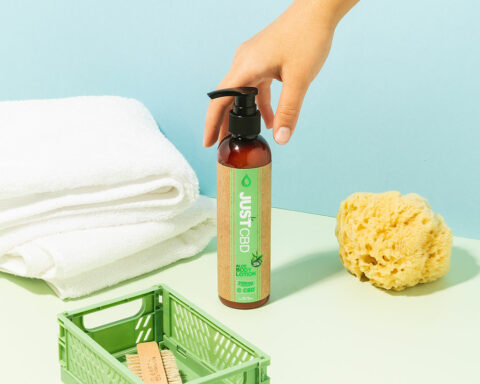
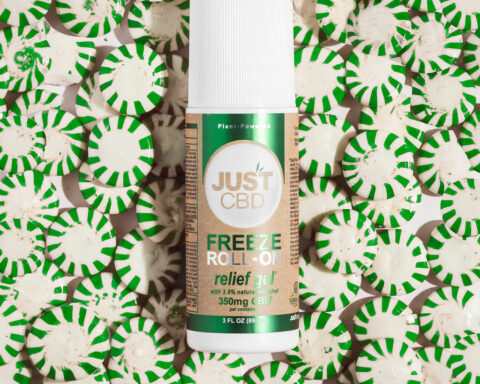

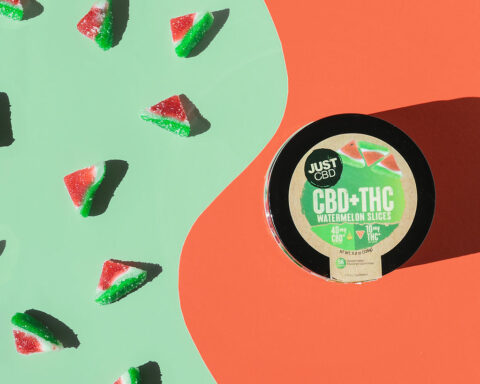
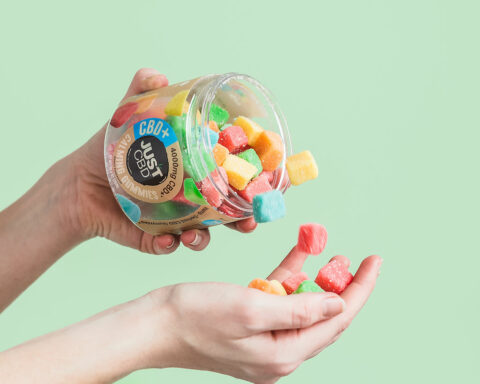
Follow Me